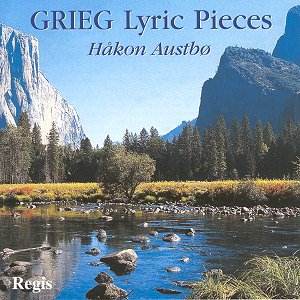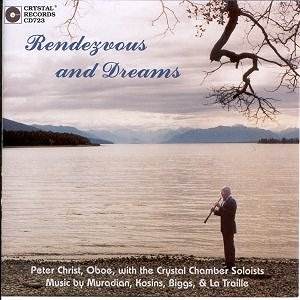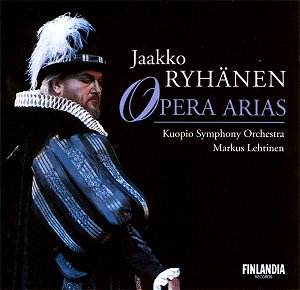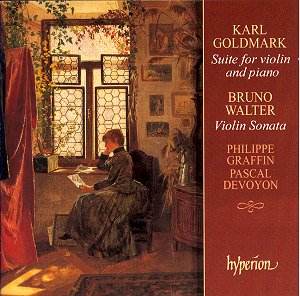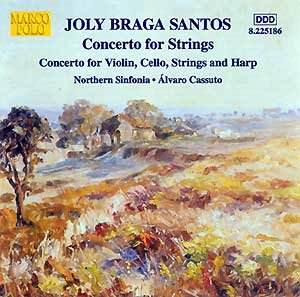 Composer: Joly Braga Santos
Composer: Joly Braga Santos
Works: (a) Concerto for Strings in D (1951), (b) Sinfonietta for Strings (1963), (c) Variations Concertantes for Strings and Harp (1967), (d) Concerto for Violin, Cello, Strings and Harp (1967)
Performers: Bradley Creswick (violin), Alexander Somov (cello), Sue Blair (harp), Northern Sinfonia, Álvaro Cassuto (conductor)
Recording: Jubilee Theatre, St Nicholas’ Hospital, Gosforth, 26th-28th April 2001
Label: Marco Polo 8.225186
The music of Joly Braga Santos, once an obscured gem of the 20th-century canon, continues to reveal its splendor through the dedicated efforts of labels like Marco Polo. This latest release showcases a captivating array of works for strings, allowing listeners to traverse Braga Santos’s evolution from the confident modalism of the 1950s to the introspective lyricism of his later years. The recording features notable pieces such as the Concerto for Strings in D, an essential work that resonates with the harmonic richness characteristic of the composer, alongside the hauntingly beautiful Sinfonietta and the intricate textures of the Variations Concertantes.
The interpretations by the Northern Sinfonia under Álvaro Cassuto’s baton are particularly noteworthy. Cassuto, who had a longstanding relationship with Braga Santos, brings an intimate understanding of the composer’s idiomatic language to the fore. The Concerto for Strings, with its three movements, unfolds with a buoyant energy that is both infectious and engaging. The opening Allegro brims with rhythmic vitality, echoing the influences of Bartók and Kodály, while the slow movement—played at Braga Santos’s own funeral—transports the listener into a realm of deep emotion and reflection. Creswick and Somov’s contributions are marked by a refined expressiveness, especially evident in this central movement, which is delivered with a poignant clarity that lingers long after the final notes.
The Sinfonietta, composed a decade later, showcases Braga Santos’s increasingly complex emotional landscape. Its three movements traverse a spectrum of feelings, yet the ensemble’s commitment to dynamic contrasts and textural clarity reveals the underlying structural integrity of the work. Here, Cassuto’s direction emphasizes the music’s darker shades, drawing out the melancholic and sometimes dissonant harmonies that characterize the piece. The Northern Sinfonia, with their incisive playing, surmounts the challenges posed by the work’s demanding nature, creating a performance that is both scintillating and introspective.
The Variations Concertantes and the Concerto for Violin, Cello, Strings, and Harp present a different kind of challenge, blending the intricate dialogue between strings and harp into a cohesive musical narrative. The Variations, while somewhat compressed in form, offer intriguing insights into Braga Santos’s harmonic language, marked by an enigmatic quality that reveals itself gradually. The harp, played with utmost sensitivity by Sue Blair, adds a shimmering layer that enhances the overall texture, beautifully complementing the string ensemble. This interplay is particularly evident in the more expansive Concerto, where Creswick and Somov deftly navigate their roles as soloists, balancing virtuosity with the collaborative spirit of the ensemble.
Recorded in the Jubilee Theatre, the sound quality is commendable, capturing the ensemble’s rich timbres and the subtle nuances of Braga Santos’s writing. The engineering allows for a clear delineation of voices, although at climaxes, a slight congestion is noted—an issue that, while minor, could benefit from further refinement in future releases.
The performances here not only showcase the remarkable depth of Braga Santos’s oeuvre but also highlight the urgency with which contemporary audiences should embrace his work. The breadth of emotional expression coupled with intricate musical architecture found in these compositions affirms his place among the greats of 20th-century music. This release stands as a significant contribution to his growing discography, inviting listeners to explore the profound beauty of a composer whose voice resonates with both originality and familiarity.
